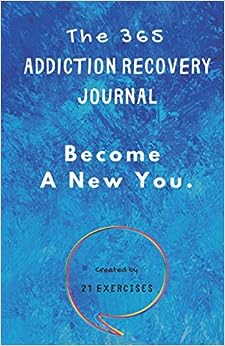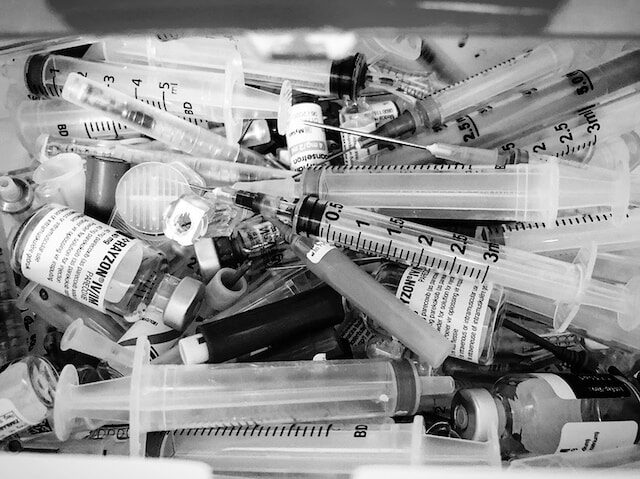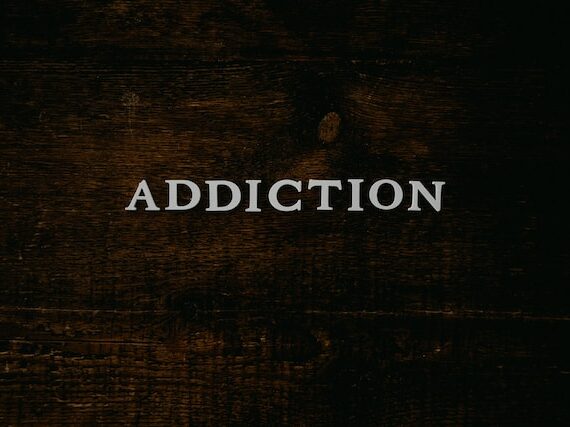Beyond Addiction: Exploring Rehabilitation’s Vital Role in Healing
Addiction is a relentless and all-encompassing battle that affects individuals from all walks of life. From drug addiction to alcohol dependency, the consequences can be devastating, both for the afflicted person and their loved ones. Fortunately, there is hope. In this comprehensive guide, we will explore the world of addiction, the journey to addiction recovery, and the vital role that rehabilitation centers play in this process.
Understanding Addiction
Before delving into the various aspects of addiction treatment and rehabilitation, it’s crucial to understand the nature of addiction itself. Addiction is a complex, chronic disease that affects the brain’s reward system, leading to compulsive behaviors despite harmful consequences. It can manifest in various forms, with two of the most prevalent being drug addiction and alcoholism.
The Prevalence of Addiction:
Addiction in Teens

Teenagers are particularly vulnerable to the snares of addiction. The adolescent brain is still developing, making it more susceptible to the effects of drugs and alcohol. The pressures of adolescence, coupled with easy access to substances, have led to a concerning rise in addiction among teenagers. Peer pressure, stress, and a desire for experimentation can lead young people down a dangerous path.
Addiction in Young Adults
As individuals transition into adulthood, they often face increased stressors, such as academic pressure, financial responsibilities, and relationship issues. These factors can contribute to substance abuse and addiction among young adults. Early intervention and support are critical in helping them overcome these challenges.
Addiction in Seniors
Contrary to popular belief, addiction is not limited to the young. Seniors, too, can struggle with substance abuse, often as a result of pain management or loneliness. Age-related changes in metabolism can make older adults more susceptible to the negative effects of drugs and alcohol.
The Role of Rehabilitation Centers
Rehabilitation centers are beacons of hope for individuals grappling with addiction. These facilities offer specialized care and a structured environment conducive to recovery. There are several types of rehabilitation programs tailored to meet the unique needs of individuals at different stages of their addiction and life.
Medical Detox
The journey to recovery often begins with medical detoxification, commonly referred to as detox. This process involves the safe removal of drugs or alcohol from the body under the supervision of medical professionals. Withdrawal symptoms can be severe and even life-threatening, making detox a crucial first step. Rehabilitation centers with medical detox programs provide the necessary medical care and emotional support during this challenging phase.
Partial Hospitalization Program (PHP)
Partial hospitalization programs are designed for individuals who require intensive treatment but do not need round-the-clock care. These programs offer structured therapy and support during the day, allowing participants to return home in the evenings. PHPs are particularly beneficial for those transitioning from inpatient treatment or for individuals with a stable home environment.
Outpatient Rehab Centers
Outpatient rehab programs provide flexibility for individuals who have responsibilities such as work, school, or family. These programs offer therapy and support on a part-time basis, allowing individuals to continue with their daily lives while receiving treatment. Outpatient rehab is suitable for those with a strong support system and a lower risk of relapse.
Seniors Rehab Centers
Senior citizens facing addiction often have unique needs that must be addressed with specialized care. Seniors rehab centers offer age-appropriate treatment, taking into account the physical and emotional challenges that come with aging. These programs ensure that older adults receive the support and care necessary for a successful recovery.
Sober Living Programs
Recovery is an ongoing process that extends beyond the confines of a rehabilitation center. Sober living programs provide a structured, substance-free environment for individuals in early recovery. These programs foster a sense of community and accountability, helping individuals build the skills needed to maintain sobriety in the long term.
Seeking Help and Resources
 Acknowledging the need for help is the first step towards recovery. Whether you or a loved one is struggling with addiction, it’s essential to reach out to a reputable rehabilitation center for assistance. Many centers offer comprehensive treatment programs that combine detoxification, therapy, and aftercare to provide the best chance of success.
Acknowledging the need for help is the first step towards recovery. Whether you or a loved one is struggling with addiction, it’s essential to reach out to a reputable rehabilitation center for assistance. Many centers offer comprehensive treatment programs that combine detoxification, therapy, and aftercare to provide the best chance of success.
In addition to professional treatment, numerous resources are available to support individuals and their families on their journey to recovery. One such resource is Northern Illinois Recovery, a valuable source of information, guidance, and community for those affected by addiction.
Conclusion
Addiction can feel like an insurmountable obstacle, but with the right support and treatment, recovery is possible. Rehabilitation centers play a pivotal role in helping individuals break free from the chains of addiction and reclaim their lives. Whether you’re a teenager, young adult, or senior citizen, there is hope, and there is help available. Reach out, take that first step, and embark on the path to a healthier, happier, and addiction-free life.
“Stepping into Trust: A Poetic Journey of Recovery” By Brenda Rausch
Views: 29


